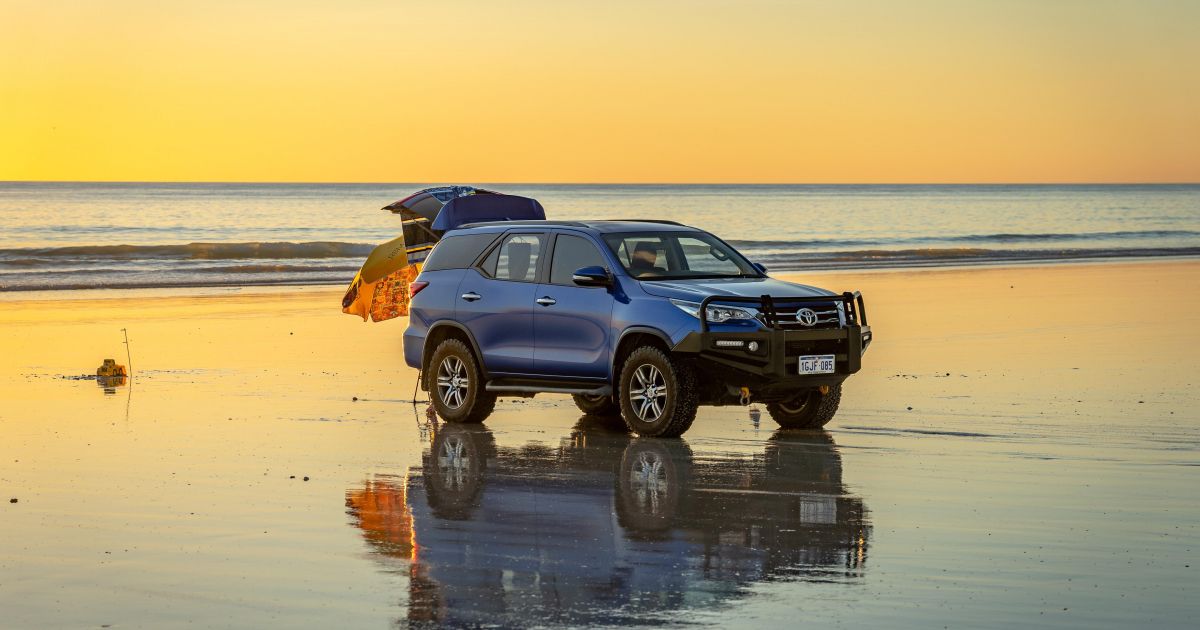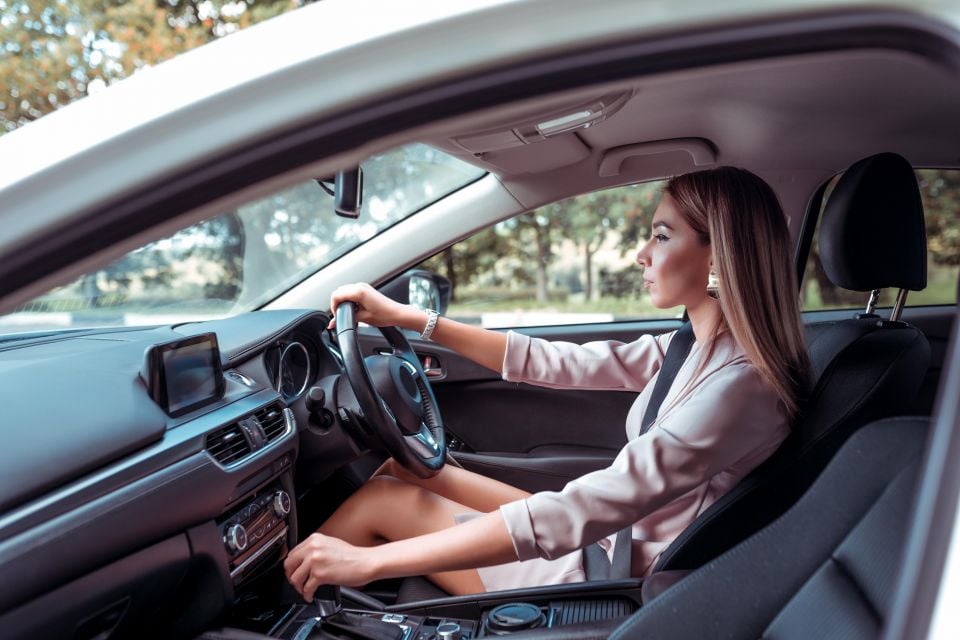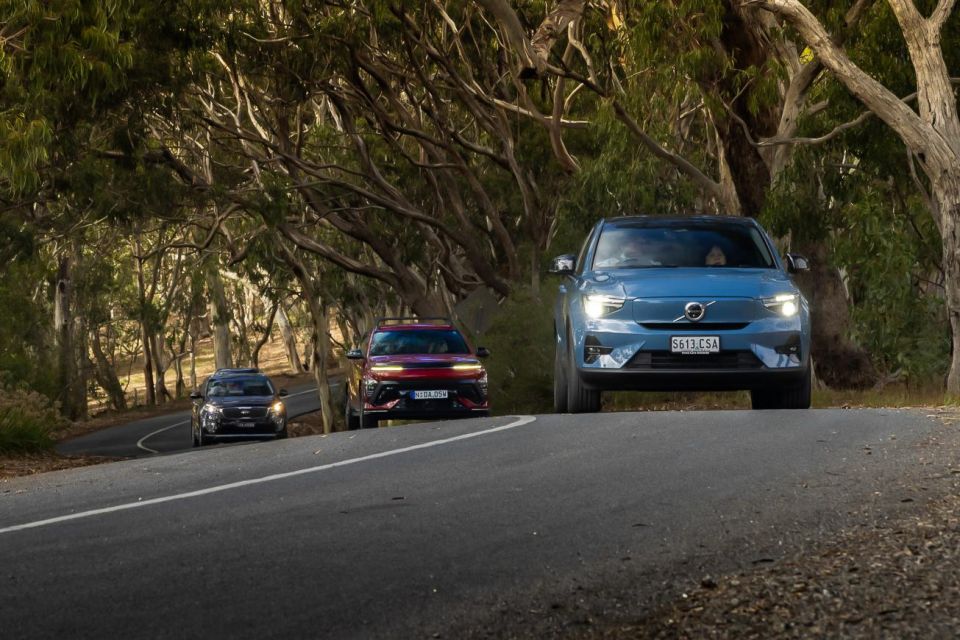
Cars are more than just appliances – for many of us they’re a retreat, a bedroom, and even a friend.
That’s according to a new study from Youi, which looked at how Australians use their cars and how they feel about them.
The Youi Car Confessions study, conducted by Dentsu Intelligence, surveyed 2020 Australians over the age of 18 from all states and territories who identified as car owners and drivers.
A total of 45 per cent of respondents said they have an emotional connection to their car, This figure rises to 58 per cent when looking just at Gen Z drivers, but drops to 34 per cent for Boomers, with Millennials and Gen X-ers in between.
CarExpert can save you thousands on a new car. Click here to get a great deal.

A quarter of all respondents said they name their car, with 24 per cent saying their car is a girl and 13 per cent saying it’s a boy, and one in five said they talk to their car.
Again, it’s Gen Z folk who are most attached to their cars, with 51 per cent of these drivers likely to assign a gender to their car, versus just 27 per cent for Boomers.
A total of 92 per cent of respondents use their vehicle for something other than driving, including making phone calls while parked (60 per cent), sitting and enjoying a scenic view (64 per cent), or having a cry (14 per cent of male respondents, 38 per cent of females).
Some 43 per cent of respondents said they often or sometimes spend time in their car without going anywhere – though only 25 per cent of Boomer respondents said they do this, compared to 49 per cent of Gen Y respondents, 39 per cent of Gen X and 66 per cent of Gen Z.
Over half of the respondents said they’re most likely to feel relaxed or in control when they’re alone in their car, and 83 per cent said they’re extremely or somewhat proud of their car.

A car is also a place where memories are created, and 29 per cent of people said they believe their car is special because it’s given them a lot of fond memories – 32 per cent of respondents with children said bringing their baby home for the first time in their car is their top memory.
“Our emotional attachment to cars stems from their role as extensions of the self. They carry our memories, represent our freedom, and often reflect our identity,” said Nathan Moore, consumer behaviour scientist and academic at the University of Technology Sydney.
“This connection deepens when we start to relate to cars almost as if they have personalities of their own. Our shared experiences with them, the way they feel to drive, the sounds they make, and their appearance can all evoke emotions and shape how we see them, not just as machines but as companions in our lives.”
For some, cars can help with mental wellness.

“In early 2019, I suffered a severe mental episode of psychosis that changed my life forever,” said Drive Against Depression ambassador and motoring industry professional Zak Adkins.
“It was a huge setback, but I remember getting back into my car some time later and driving up through the mountains outside of Brisbane and I just felt nothing but pure joy. It was like everything was great again, and I could forget about the mental issues I was battling.
“My car has pulled me through a lot of mental setbacks. It’s been a difficult journey, but going driving and spending time with cars has always brought me immense happiness, and that will never, ever change.”
Drive Against Depression is an Australian-registered mental health charity that holds regular motoring events and gives people the opportunity to connect with others and share their mental wellness journey.
The organisation holds events in Sydney, Melbourne, Adelaide and Brisbane, and its next drive day is on Sunday, September 21 in Sydney.
You can find out more details on the Drive Against Depression website.








